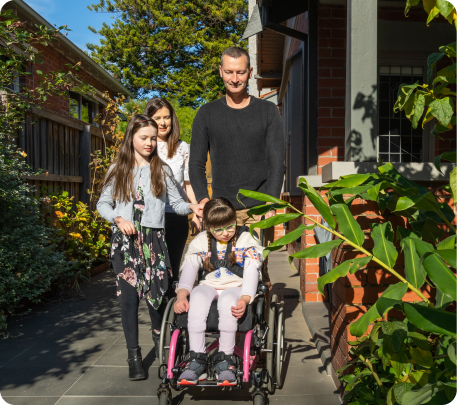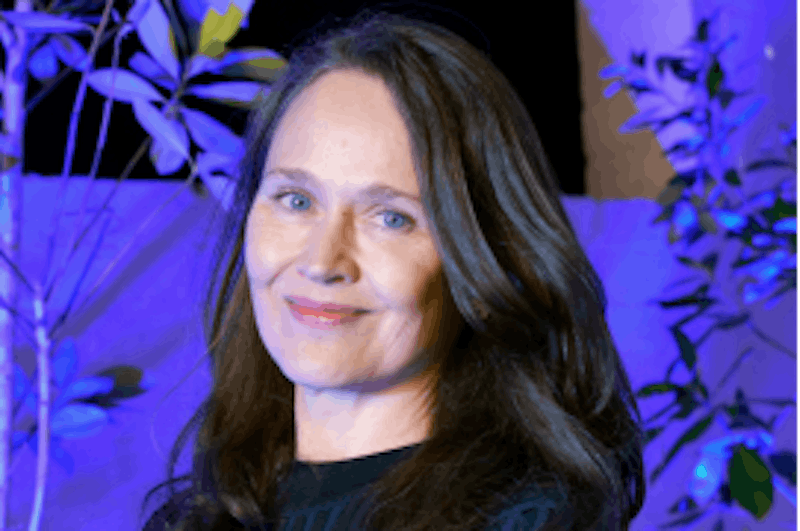Ethnographic research in action
Gaining a deeper understanding of families' lived experience

The project
At MACA we know how challenging day to day vehicle transport can be for families of children with disabilities.
That’s why we’re undertaking important research to gain a deeper understanding of these lived experiences - including ethnographic research in partnership with the Emerging Technologies Research Lab, Monash University and funded by the Australian Government Department of Social Services.
The researchers are spending time with families throughout Australia to observe and learn about how they go about everyday transport.

Capturing experiences
The families also undertake activities such as keeping video, photographic or written diaries, to help capture their daily experiences and challenges relating to transport.
Professor Sarah Pink, the founding Director of the Emerging Technologies Research Lab, said that the research is designed to participate in developing a whole of system view, within which the child, family and carers are part of a wider system where their opportunities and challenges emerge in relation to other stakeholders and technological possibilities.
"The research will help identify how a deeper understanding of human experience and everyday social innovation offers new opportunities to solve complex and enduring problems."
Meet our researchers

Iris Maher, PhD Candidate, Emerging Technologies Lab, Monash University
Iris Maher is an anthropologist currently working towards her PhD in the Emerging Technologies Lab. Her research examines themes of mobility, conceptions of place and space, and emerging forms of transport.
Iris is undertaking MACA's ethnographic research project, under the supervision of Professor Sarah Pink and in consultation with our team.

Sarah Pink, Professor of Design and Emerging Technologies at Monash University (PhD, FASSA)
Sarah is known globally for her interdisciplinary research which brings design anthropology into collaboration with other disciplines and partners inside and outside academia. She has over 20 years experience of working with academic and industry research partners internationally and frequently gives keynote and public lectures in academic and business environments internationally.
The lived experience of children with disabilities and their families is at the heart of MACA’s approach. This valuable research will inform all of our resources and activities.
This important project aims to identify how a deeper understanding of human experience and everyday social innovation offers new opportunities to solve complex and enduring problems.
Defining ethnography
Ethnography is a research approach that enables researchers to create new knowledge, understandings and insights about what is important to people in everyday life situations.
It is a collaborative, respectful and ethical method which involves researchers and participants in research exploring and expanding on questions and activities in order to create a shared vision that represents real everyday situations and experiences. Our work often aims to draw attention to questions and issues that are ignored or not addressed in design and policy.
To develop this we use visual ethnography (Pink 2021) and sensory ethnography (Pink 2015) techniques, involving collaborative interviewing and video recording (where participants agree) and attention to what experiences feel like sensorially and emotionally.
To undertake the research ethnographers become immersed in participants' lives in various ways and to the extent that this is convenient to participants. This can involve in-depth interviews or the research might spend a few hours or a day with a family. Our ethics mean that participants are able to choose what is recorded and how recordings are used.
References:
Pink, S. (2021) Doing Visual Ethnography. 4th edition. London: Sage
Pink, S. (2015) Doing Sensory Ethnography. 2nd edition. London: Sage

